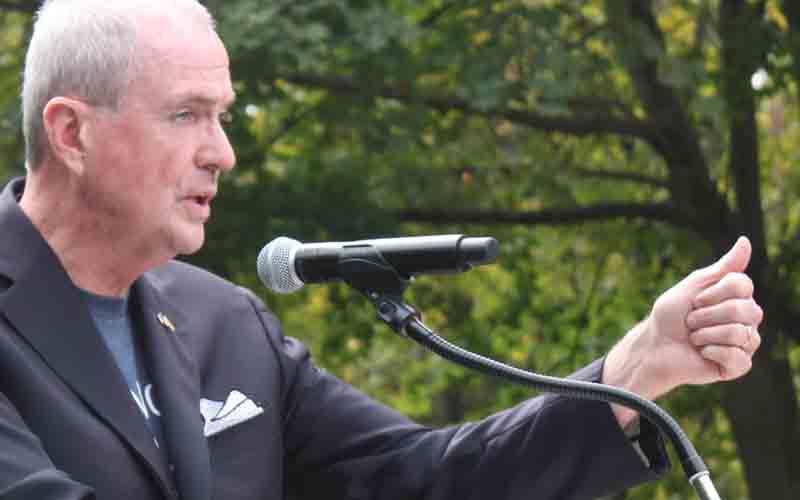10 Controversial Actions by Governor Phil Murphy That Have Annoyed New Jersey Residents
Since taking office, Governor Phil Murphy of New Jersey has implemented several policies and faced situations that have sparked debate and frustration among some residents.
While he did win his re-election in 2017, it was by a razor-thin margin to Republican Jack Ciatarelli. Although he won, many Democrats are also upset with some of his decisions since taking office.
Here’s a look at ten decisions and events that have stirred discontent in the Garden State:
Tax Increases: Governor Murphy has faced criticism for raising taxes. His administration increased the state sales tax and implemented new taxes on high-income earners, which has been a point of contention for those who feel the tax burden is already high.
Handling of the COVID-19 Pandemic: Murphy’s strict lockdown measures during the COVID-19 pandemic, including prolonged school closures and business restrictions, were met with mixed reactions. While some applauded his efforts to safeguard public health, others felt the measures were too restrictive and harmed businesses.
Public Transportation Issues: Under Murphy’s governance, complaints about NJ Transit have persisted, with issues like frequent delays, cancellations, and overcrowded trains frustrating commuters.
Environmental Policies: While aiming to combat climate change, Murphy’s aggressive environmental policies, including plans to significantly increase the use of wind energy, have faced opposition from groups concerned about the impact on local communities and ecosystems.
Education Reform: Proposals for education reform, particularly around funding and school district regionalization, have sparked debates. Critics argue these changes could disrupt communities and lower educational standards.
Immigration Policies: Murphy’s stance on making New Jersey a sanctuary state and his policies to limit local law enforcement’s cooperation with federal immigration authorities have drawn criticism from those who believe it could lead to safety concerns.
Minimum Wage Increase: The decision to gradually increase the minimum wage to $15 an hour by 2024 has been controversial. While intended to improve living standards, small business owners express concerns about the financial strain it imposes on them.
Affordable Housing Initiatives: Efforts to increase affordable housing have been met with resistance in some suburban areas, where residents fear that such developments could change the character of their communities and lead to increased traffic and school overcrowding.
Legalization of Marijuana: The legalization of recreational marijuana, a key initiative of Murphy’s administration, has been a divisive issue. While it has strong support, opponents worry about the societal impacts, including safety and public health concerns.
State Budget and Spending: Governor Murphy’s handling of the state budget and his spending priorities have also been a point of contention, with critics arguing that excessive spending could lead to future financial problems for the state.
W

